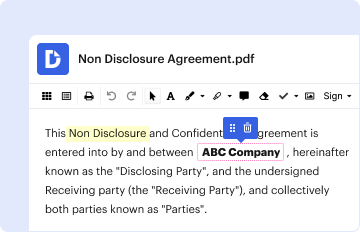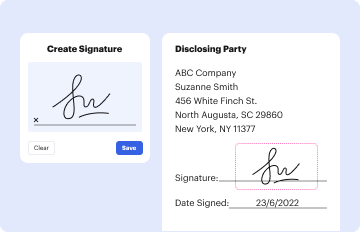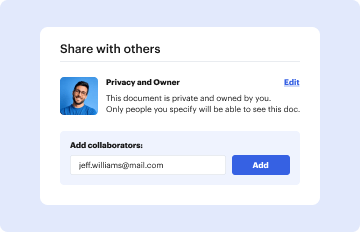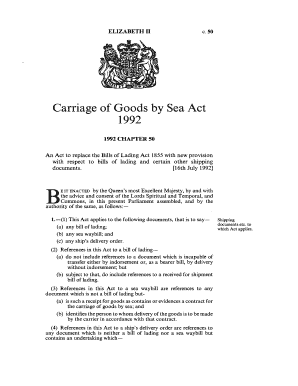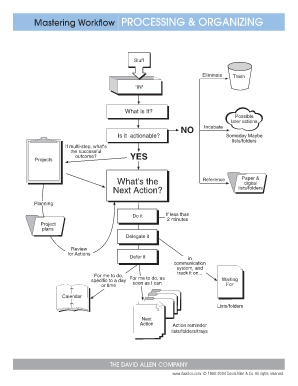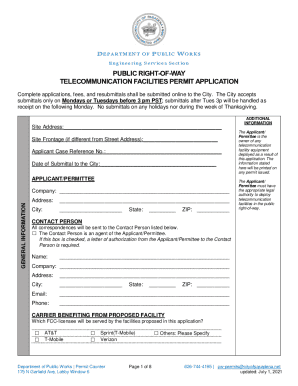Definition & Meaning
The "Claim Against Estate (Informal and Formal Administration)" is a legal document used in the state of Wisconsin to file a claim against a deceased person's estate. This form is pivotal in ensuring that creditors or interested parties can articulate claims for debts, obligations, or inheritance matters that the decedent owed at the time of death.
Purpose of the Form
- Ensures Fair Settling: Ensures that all debts and obligations are considered during the estate's settlement.
- Legal Documentation: Provides a legal framework for processing claims, which is crucial for orderly estate administration.
- Transparency: Offers transparency to beneficiaries and creditors about the liabilities of the estate.
Types of Administration
- Informal Administration: Typically involves a less rigid court process, frequently used for straightforward estates.
- Formal Administration: Involves court supervision and is often required for more complex estates or when disputes arise among interested parties.
Who Typically Uses the Claim Against Estate


Common Users
- Creditors: Individuals or entities to whom the decedent owed money.
- Beneficiaries: Heirs or individuals entitled to a portion of the estate who might need to assert or clarify their claims.
- Legal Representatives: Attorneys or executors managing the estate's distribution.

Specific Scenarios
- Medical Bills: Hospitals or healthcare providers seeking payment for services rendered to the decedent.
- Outstanding Loans: Financial institutions that provided loans to the decedent.
- Legal Obligations: Individuals holding judgments or legally binding obligations against the decedent.
Key Elements of the Claim Against Estate
Required Information
- Claimant's Details: Full name, contact information, and relationship to the decedent.
- Nature of the Claim: A detailed description including the reasoning and basis of the claim.
- Amount: The specified monetary value of the claim.
- Supporting Documentation: Any existing contracts, agreements, or evidence substantiating the claim.
Steps to Complete the Claim Against Estate
- Gather Required Information: Collect all necessary details about the claim, including evidence supporting the debt or obligation.
- Complete the Form: Fill out all sections of the form accurately, ensuring each section is addressed.
- Get the Form Notarized: As the form requires notarization, find a licensed notary to witness the signing.
- Submit the Form with Fee: Pay the statutory filing fee and submit the form to the appropriate court handling the estate.
Detailed Instructions
- Accurate Completion: Carefully review each entry to avoid errors that could delay processing.
- Document Checks: Ensure all attached documentation is complete and authentic.
- Timeliness: File within the prescribed deadline to ensure consideration by the estate administration.
State-Specific Rules for the Claim Against Estate
Wisconsin-Specific Regulations
- Statutory Deadlines: Adherence to specific filing deadlines set by Wisconsin law is critical to preventing claim dismissal.
- Filing Locations: Claims must be filed in the county where the estate administration is being conducted.
- Unique Requirements: Notarization and payment of the filing fee are mandatory under Wisconsin statutes.
Examples of Using the Claim Against Estate
Real-World Applications
- Decedent's Credit Card Debt: A credit issuer uses the form to claim unpaid balances from the estate.
- Unsettled Contractor Fees: A home contractor files a claim for work performed before the decedent's death.
- Child Support Arrearages: Filing to collect overdue child support obligations due from the deceased parent’s estate.
Legal Use of the Claim Against Estate
Compliance and Execution
- Contractual Obligations: The form is used to enforce contracts that the decedent legally agreed to before passing.
- Judicial Orders: Required by court orders to satisfy judgments held against the decedent.
- Inheritance Clarity: Helps in determining rightful inheritance when multiple claims exist.
Important Terms Related to Claim Against Estate
- Decedent: The deceased individual whose estate is in question.
- Probate Court: The legal body overseeing the administration of estates.
- Executor/Administrator: Individual appointed to manage the estate's affairs.
- Beneficiary: A person or entity entitled to receive a portion of the estate.
Filing Deadlines / Important Dates
Key Timelines
- Claim Submission: Typically, claims must be submitted within a statutory period after probate opens.
- Response Period: Executors often have a defined period to respond or contest claims submitted against the estate.
- Appeal Windows: Dates for filing disputes or contests against dismissed claims are also established by state rules.
Each section delivers comprehensive insights, ensuring that parties involved in estate administration understand the intricacies and requirements of filing a Claim Against Estate in Wisconsin.

